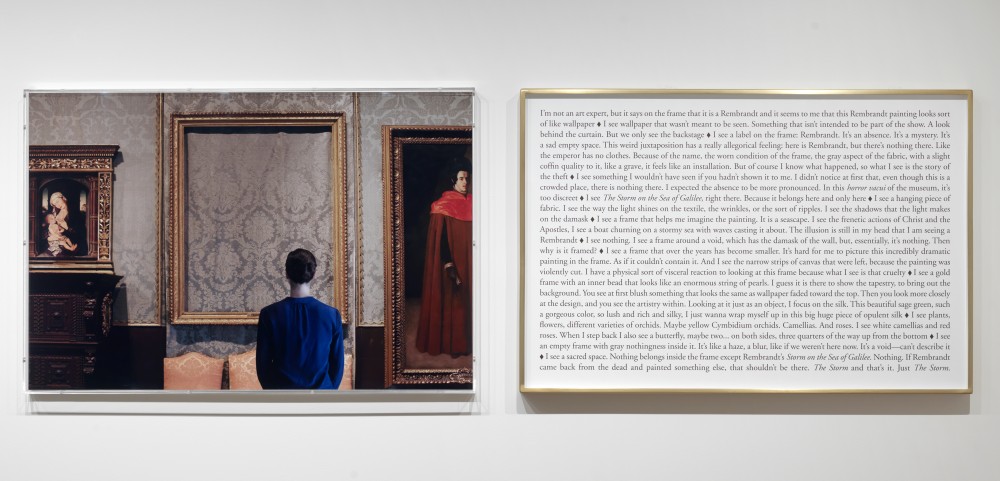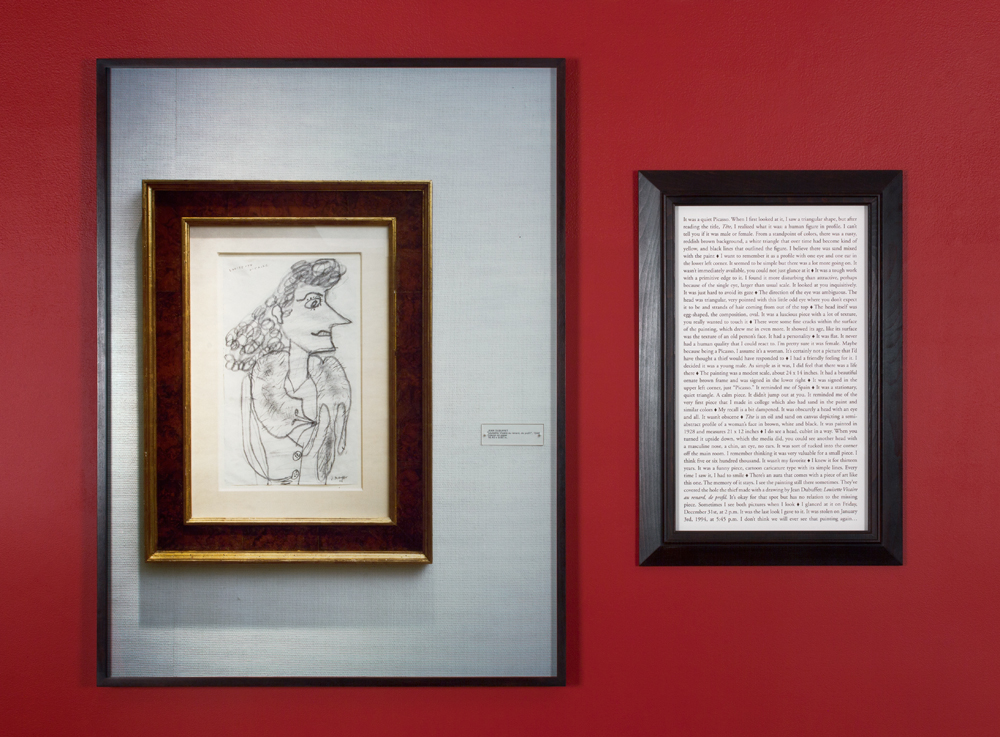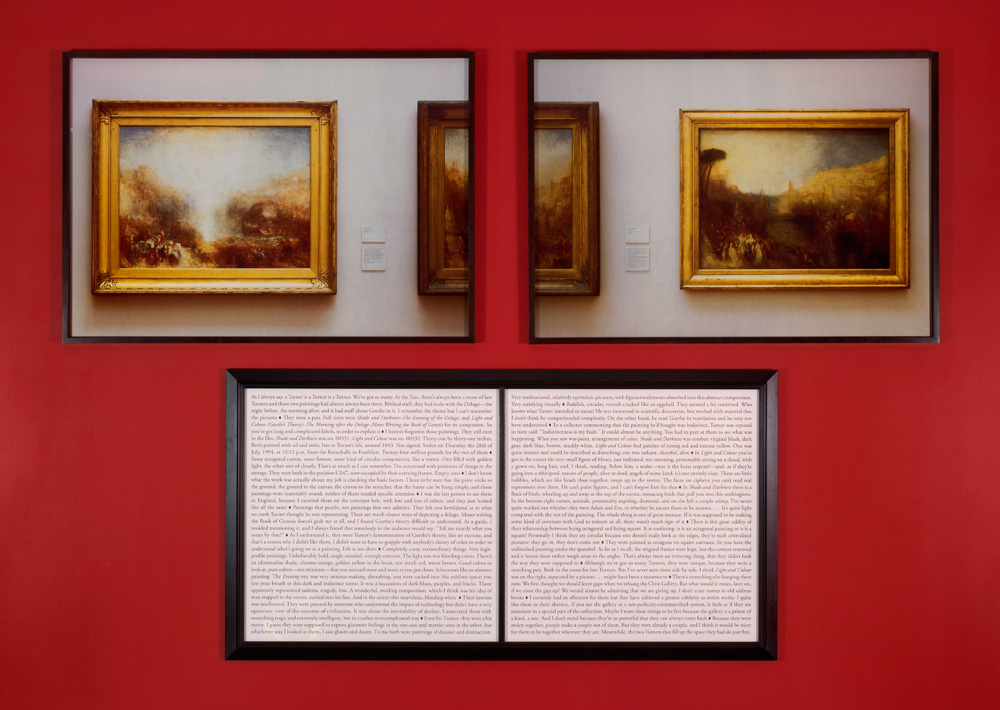Sophie Calle is not strictly speaking a photographer, but Sophie Calle isn’t, strictly speaking, anything. Voyeur and exhibitionist, a subject and an object. Upon finishing school, in her birthplace of Paris, Calle went traveling for 7 years, surrounding herself with strangers. One can never go home again, and upon her return to Paris in ‘79 Calle found herself surrounded by strangers in a city just as foreign as the places from which she had returned. Her early work is an attempt to reconnect and cease being an outsider.
Finding an address book in the street Calle photocopied it, mailed it to the owner and then interviewed the people in it, creating a portrait of a man she had never met or seen. A man who, it should be noted, sued Calle for invasion of privacy upon her exhibition of her findings. The book has been recently released. The terms of the suit required Calle not to release anything until the man, Pierre D., died. The book is a document of Calle’s investigation and the fact that the man is now dead, while not considered in the creation of the book, makes her portrait all the more powerful. Although it was ultimately futile, Calle’s quest for a reconnection to society produced some of her most well known work. Calle found herself L´Etranger, moving on the outside. Which, ironically enough, is a quintessential French experience.
Instead of simply becoming a late existentialist, Calle set out in an ever more intense search of what creates a person and what creates a society. The earnest way she approaches her art and life, which are inextricably linked, removes Calle from any school of thought. Her deconstructions lack irony or cynicism. In a work from 2004 entitled: Exquisite Pain, Calle documented her train trip to Japan. She was to meet her lover in Delhi, but he broke up with her from halfway around the world instead, and waited until she was in Delhi to tell her. Rather than dissolve into heartbreak Calle explores it, asking her viewers to share their worst life experiences while she puts hers on display. Calle, would repeat this honest theme in Take Care of Yourself – a work in which Calle sends 107 women copies of a break-up email she had received. The people she sent it too were to analyze the email based on their professional expertise. The email, which ended with “take care of yourself”, was jumbled into a crossword, acted out, set to music and dissected by a forensic psychologist. The result was an installation in the French pavilion at the Venice biennial in 2007.
The work featured here – Purloined (which was recreated in New York as Absence) is a combination instillation piece on a recent theft of paintings from some of Europe’s most well known museums, and the death of her mother. Calle immediately equates the loss of art with the loss of her mother’s life simply by putting them in the same show. Looking closely at Absence, New York Times critic, Karen Rosenburg notes that it: “Reveals threads of denial and narcissism”.
Calle’s narcissism in viewing the death personally is part of her dichotomy as a subject and an object. Calle’s work focuses on the that make us human; the jumble of love and loss that comprise her fantasies, and it would seem her ultimate thesis is that one cannot understand but from the outside. So Calle positions herself in full view, at a window, so the observation, truth or fantasy is shared.





